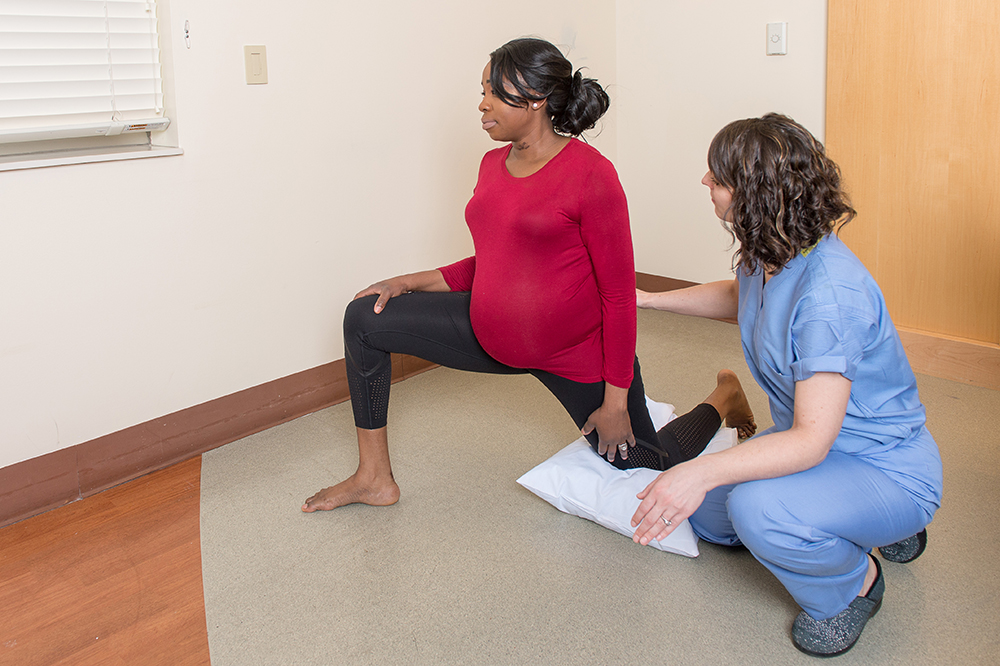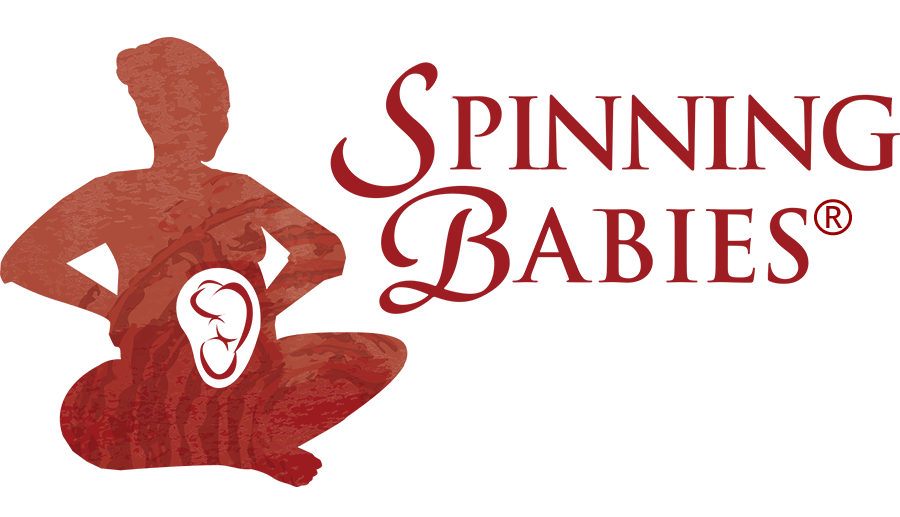Holding Space for Creative Coping

We “hold space.” What does that phrase mean? We hold space when we match our body and our intent to another person’s creative growth during a physical event. I’m using the word “creative” to describe the vulnerable moment when strength arises from awakening. We keep a vision of who they are so they can rely on our physiologically-charged support to achieve their goal. This might be a graduation, steps towards resolving a conflict, or overcoming a physical difficulty like learning to walk after an accident. It can be as simple as proudly observing a child’s early attempts to climb a tree, match pitch while singing in a choir, or listening to a friend in a way that seeks not to respond but to allow the person to explore their thoughts more clearly without judgment. When another person is in a process which involves an interaction challenging their physical and psychological self, where a physical feat demands every ounce of psychological focus, holding space dissolves us to a degree and uplifts them. Our awareness is all about them.
Holding Space as a Provider
How can we do this as a provider? It sounds more like the job of an Olympic coach or doula. The doctor, midwife, or nurse has to keep up with medical assessments, progress, and tasks, and then communicate about all of these with the team. These duties may not allow a complete holding of space. An element of space holding that a provider can do includes “seeing” the Birth Giver. What are the perspective, emotional needs, and requests for the birth experience expressed by the person giving birth? We hold space by seeing, accepting, and responding to our understanding of the perspective, emotional needs and birth requests even while modulating our routines, voice, and ability to match the Birth Giver to our ability within ethical and environmental factors.
We do what we can and when we hold space, we find that we can do so much more to explore supporting the Birth Giver. The key benefit is the ability rises for the Birth Giver to enter into their own internal process and emerge with coping and functioning skills for their future sense of self as a parent and the way they view their baby. I remember the powerful topic explained by the famous childbirth educator Penny Simkin that when a woman is held in high regard during birth, she retains for herself a high self-regard. The amazing thing is that this is true for women that had held themselves in low regard before childbirth.
Birth is a Sensitive Period
Birth is a Sensitive Period. This is how Pediatrician Marshall Klaus describes pregnancy and birth in my poolside video interview with Doula Malik Turley.
A doula has been proven to statistically improve the assessment a mother has for her baby for at least the first two months of infancy. Dr. John Kennel and Dr. Klaus applied the word doula to a birth companion who is continually present and focused on the mother’s needs but is neither medical nor a friend or family member. We can hold space and we can support the special role of the doula and by doing so, experience the beauty of birthing expressed when the birthing person has the gift of your presence.
Enjoy this post? You also might like:
- Supporting Innate Knowledge
- Dr. Marshall Klaus, Champion of the Doula
- Supporting the Birthing Family’s Perspective
- Doulas as the key to continuous care
Upcoming Workshops
[tribe_events_list limit=”4″]
